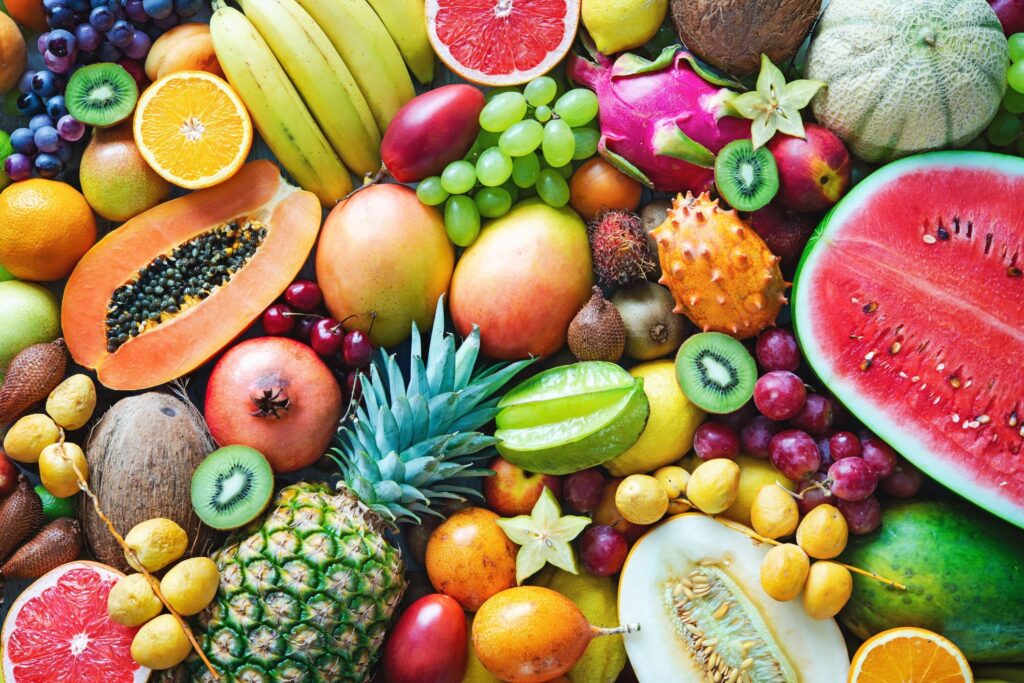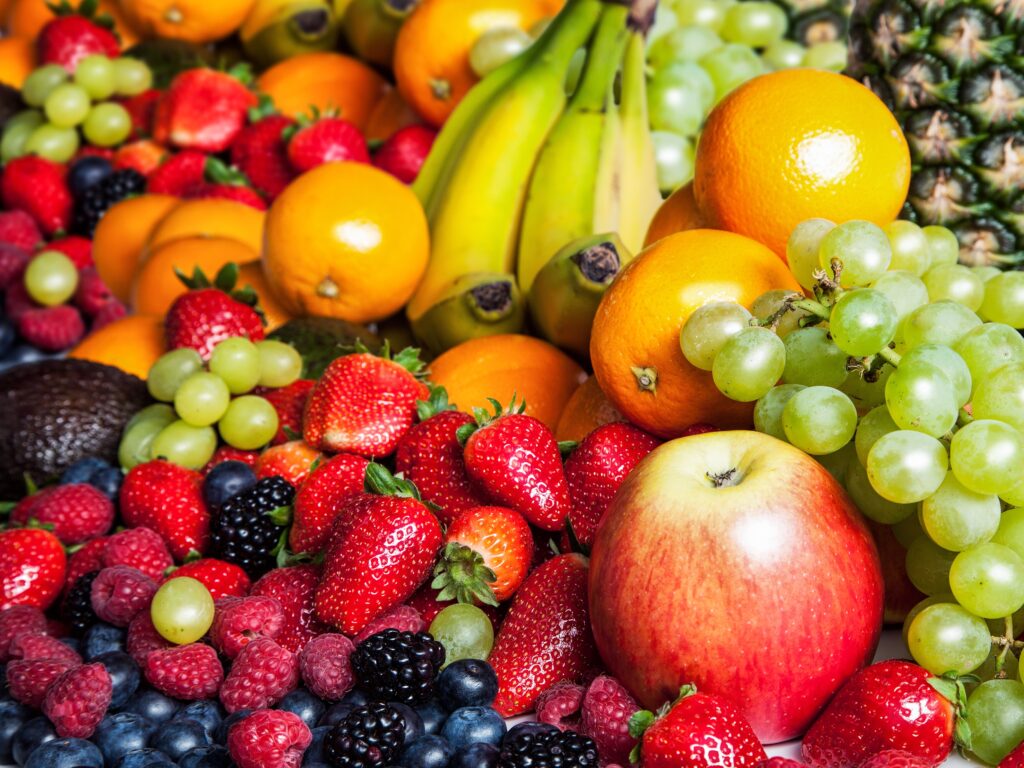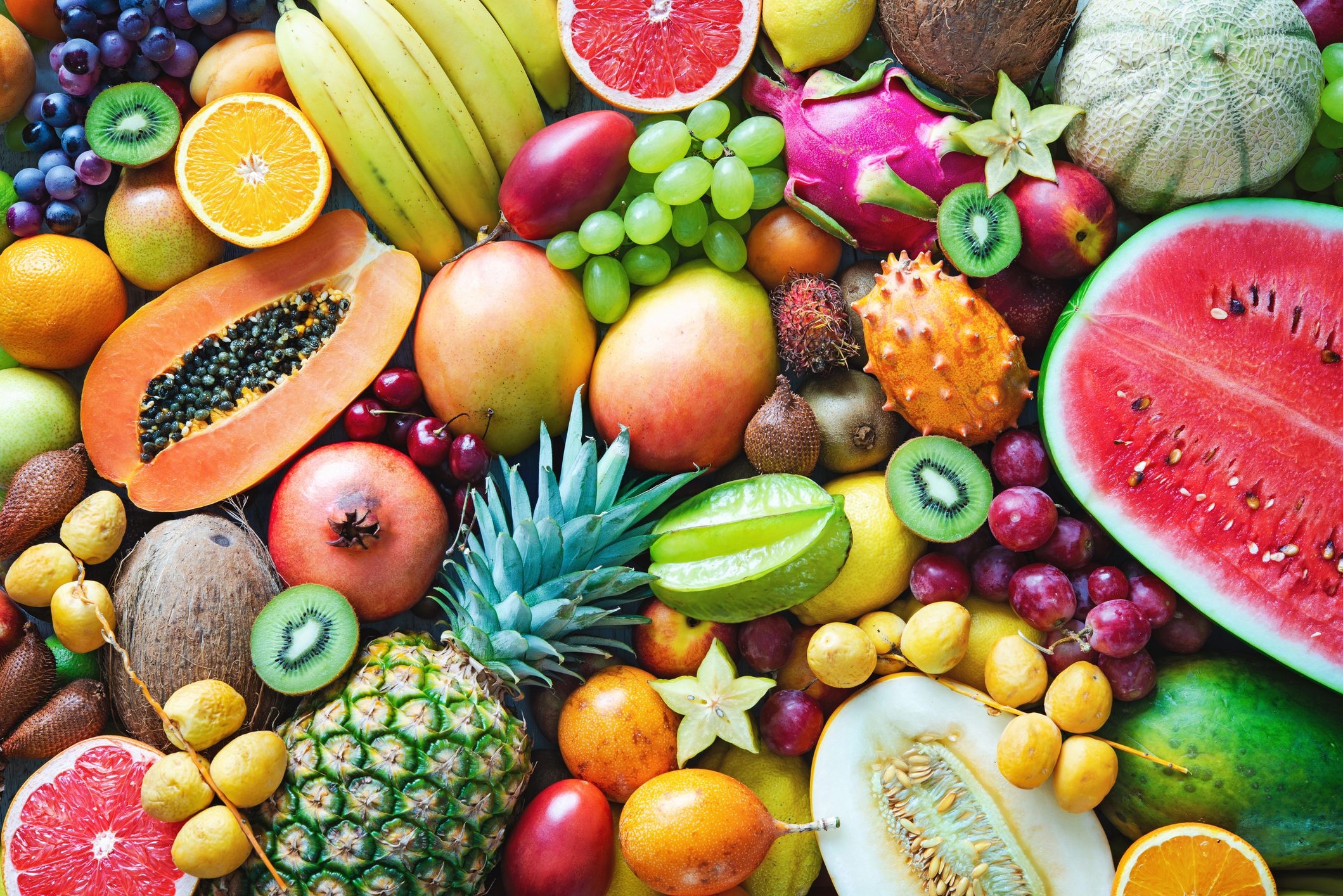We all agree that a bowl of fruits and veggies is the healthiest meal option. To make the healthiest salad ever, we chop all of the fruits and salad vegetables in our refrigerator, squeeze a lime, and season with salt. Is this, however, the most effective approach?
If you don’t classify fruits according to whether they are acidic, sweet, or neutral, you need a tutorial on how to make salads.
To begin with, fruits and vegetables should not be combined. Certain fruits should never be paired with others. This is largely determined by the digestion rates of various fruits and vegetables. Many of your differences may be hindering your digestion and absorption.
Here’s how you can decide what to put in your bowl the next time around:
- Serve melons alongside melons
Melons are celibates. They never pair up with other individuals. Consume them alone, as they may not digest properly when combined with other fruits. This is because their high water content makes them easier to digest than most other fruits. Watermelons, muskmelons, cantaloupes, and honeydews should not be combined with other fruits.
Never consume acidic or sub acidic fruits with sweet fruits
For improved digestion, avoid pairing sweet fruits such as bananas and raisins with acidic fruits such as grapefruits and strawberries, as well as sub-acidic foods such as apples, pomegranates, and peaches. However, fruits with varying acidity levels can be combined.

Similarly, you should not combine guavas and bananas for the same reason. According to some research, the combination can potentially raise your risk of nausea, acidity, and headaches.
Never combine fruits and vegetables
Vegetables and fruits digest in different ways. In reality, according to many dietitians, fruits are already partially digested by the time they reach the stomach. Overall, fruits have more sugar, which can make vegetables more difficult to digest.

Orange and carrot should not be combined for the same reason, since they may produce heartburn and excessive bile reflux when consumed together.
- Never combine carbohydrates and protein
Only a few fruits contain starch naturally. Included here are plantains and green bananas. Nonetheless, there are several naturally starchy vegetables, such as corn, potatoes, cowpeas, black-eyed peas, and water chestnuts. Never pair them with high-protein meals like broccoli, spinach, raisins, guava, or spinach. So that your body can digest proteins, which require an acidic base, and carbs, which require an alkaline base, appropriately.
